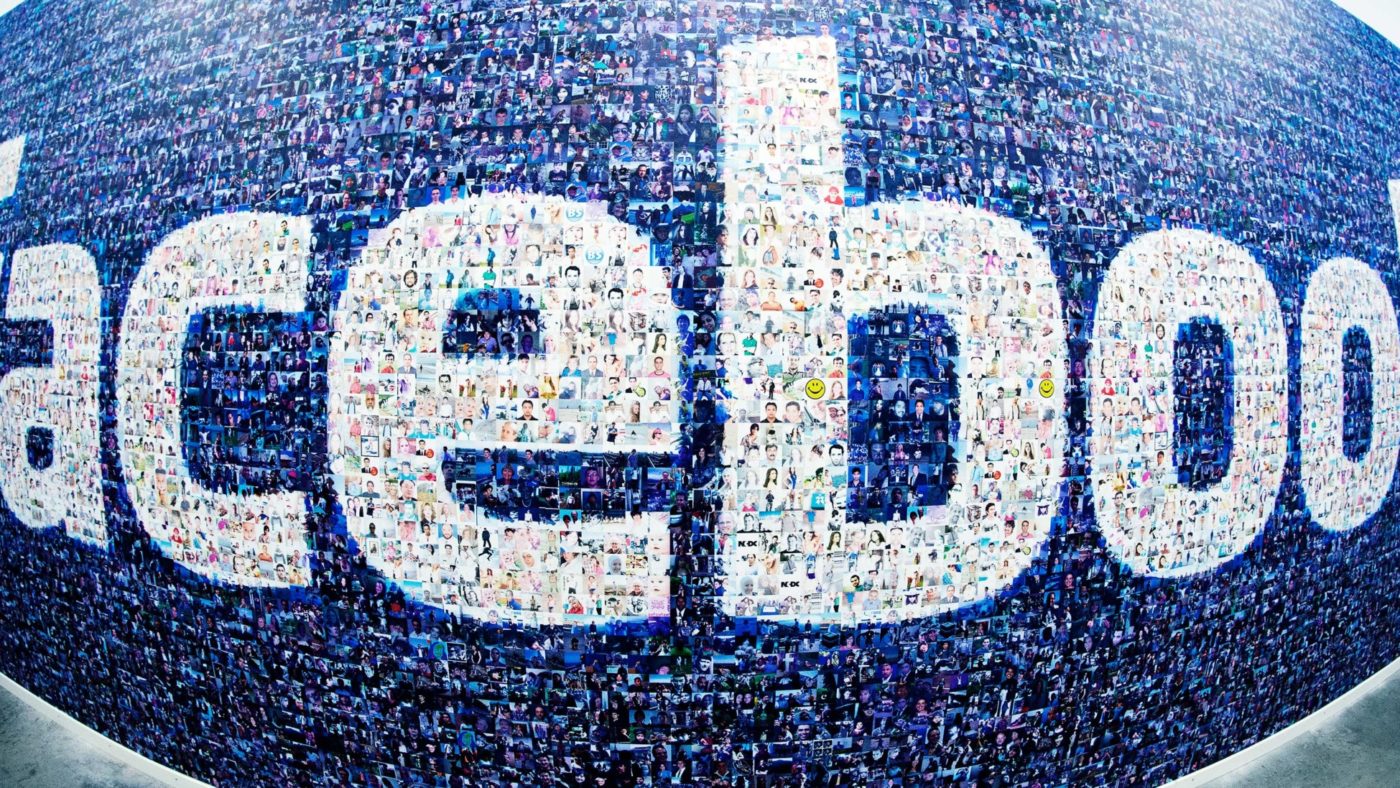Early Facebook investor Roger McNamee has called for social media companies to be regulated in the same way as tobacco and alcohol. The justification for such action, he argues, is the risk of addiction and social media’s influence on public discourse and democracy.
But are these fears warranted? Or is McNamee falling into a trap that claimed many others before him? Today’s “technopanic” has a lot in common with the puritanical American “Clean Living movements”.
The emergence of every new advancement for human progress, be that for practical purposes or that of entertainment, has always come with its vocal critics. In the 19th century, tobacco, alcohol, coffee and tea were considered so harmful that they had to be kept away from the general population, particularly women. Health scientist Ruth C. Engs writes: “Men were considered to become debilitated by alcohol and tobacco, and women were believed to be injured by coffee and tea.”
These “Clean Living” activists pushed for stringent regulation, which eventually led to the prohibition of alcohol in the 20th century. Measured in purely public health terms that ban was a failure. Taking a broader view, that includes the social and economic consequences of the black market in alcohol, it was an unmitigated disaster.
Puritanism rarely makes for good policy. The lesson is that we should take a science-based approach and treat people like adults. So, what does the evidence say about social media?
The Facebook addiction argument is a scientific claim which in itself is far from being settled. Not only is there large disagreement in the scientific community on whether or not the addiction scale is even relevant to new media, but even leading behavioural scientists challenge the narrative of the “Facebook addiction”.
Mark Griffiths, Professor of Behavioural Addiction at the Nottingham Trent University has written about the Facebook addiction debate; he argues that there are differences between addictions on the internet and an addiction to the internet.
He explains that, from games to messaging, Facebook offers a wide range of uses. That means it is incredibly difficult to define “social media use”. “What this suggests is that the field needs a psychometrically validated scale that specifically assesses ‘social networking addiction’ rather than Facebook use.” This is very far from Roger McNamee’s suggestion that “we must recognise and address these challenges as a threat to public health.”
In addition to the unscientific way in which “Facebook addiction” is being discussed, the comparison with alcohol and tobacco should make the reader wonder what the exact policy prescription is supposed to be. Are we to heavily tax Facebook to the point at which it becomes an expensive luxury for low-income earners?
As with tobacco and alcohol, taxation or outright bans could easily lead to black market developments which bring unintended consequences. A 2015 study by the audit company KPMG revealed that France is the biggest European consumer of tobacco originating from the black market, with an estimated sale of 9 billion illicit cigarettes, while simultaneously being one of the countries that takes this “public health risk” most seriously. This means that almost 15 per cent of all cigarette packs you see on the streets of France have been sold illegally.
You don’t need a particularly vivid imagination to speculate as to what might happen to social media were it pushed into darker corners of the internet.
Progress on alcohol and tobacco has overwhelmingly come thanks to raising awareness of the health hazards associated with these products. Regulatory reforms generally have only marginal effects; while legal sales fall, black market sales rise. The same goes for Facebook: we can and we should educate people about the risks of spending too much time on social media.
We should take a science-based approach on the warnings against excessive usage of internet platforms, and encourage more research in this field. However, advocating for stringent regulation of social media without conclusive evidence on the issue, is a dangerously emotional way to proceed with policymaking.
To do so would be to repeat the mistakes of the Clean Living movements that pushed for prohibitions in the past. They were a failure then and could be far, far worse this time.


